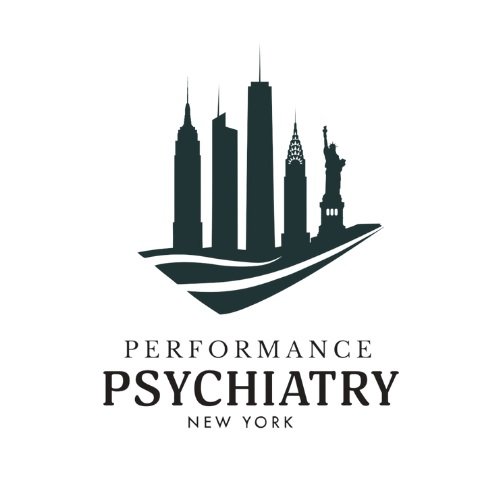The Power of Movement: Using Physical Activity to Fight Depression-Related Fatigue
Life in a bustling metropolis or working remotely from home comes with its set of unique challenges. Amid deadlines, Zoom calls, and the endless cascade of emails, there's a sneaky undercurrent that can pull many professionals under: depression-related fatigue.
Depression and Fatigue: An Exhausting Pair
Fatigue isn't just about feeling tired after a long day at work. For those grappling with depression, fatigue can feel like a heavy blanket that's constantly weighing them down, making every task feel Sisyphean. It's more than just physical tiredness; it's a mental and emotional exhaustion that can cloud judgment, hamper creativity, and disrupt focus.
This debilitating tiredness isn't about lack of sleep or overexertion. It's a symptom of depression, and it's one that's often overlooked in professional settings. Amidst the drive to excel and meet targets, the underlying cause can go unaddressed, making it even more challenging to break free from this cycle.
Harnessing the Power of Movement Physical activity, while seemingly counterintuitive when energy levels feel depleted, can be a potent weapon against depression-related fatigue. How?
Brain Boost: Physical activity releases endorphins, the body's feel-good neurotransmitters. These can help counteract feelings of sadness or apathy, offering a mood boost that can help alleviate some of the emotional weight of depression.
Improved Sleep: Regular movement can improve sleep quality, further helping to combat fatigue and bolster your energy reserves.
Incorporating Movement into a Busy Schedule
For many professionals, especially those in corporate settings or working remotely, carving out time for exercise can seem daunting. However, the beauty of movement is its versatility. Let's explore some strategies tailored to different work environments:
The Corporate Worker: Long hours and back-to-back meetings can make it tough to fit in a gym session. But who said the office can't be your gym?
Desk Workouts: Try seated leg lifts, desk push-ups, or seated torso twists. These can be done in short bursts and offer the dual benefit of stretching and strengthening.
Stair Climbing: Opt for stairs over the elevator. It's a great way to get your heart rate up and can be easily incorporated into your day.
Walk and Talk: Have phone calls to make? Walk while you talk, pacing the hallway or stepping outside for a change of scenery.
The Remote Worker: Working from home offers flexibility but can also lead to a sedentary lifestyle.
Micro Workouts: Set a timer every hour for a 5-minute physical activity break. Jumping jacks, high knees, or even just stretching can make a difference.
Walking Meetings: Convert some of your calls into walking meetings. This not only breaks the monotony but also offers a rejuvenating change of pace.
Dynamic Workstations: Consider creating a workstation that allows you to stand or even incorporate light movement, like a treadmill desk.
While these are tailored suggestions, it's essential to understand that every work environment and individual is unique. Discussing specific challenges with a therapist or psychiatrist can offer insights tailored to your personal and professional life.
The Role of Medication
There's a wealth of non-pharmacological strategies, like the ones mentioned above, which can offer relief. However, it's crucial to recognize when additional intervention might be necessary. If depression-related fatigue is significantly affecting your quality of life, it might be worth considering a conversation with a psychiatrist. They can guide you through the potential risks and benefits of medication, ensuring you make an informed decision tailored to your needs.
Conclusion
Depression-related fatigue can feel like an anchor, but movement, even in small bursts, can be the buoy that keeps you afloat. It's not about transforming into an athlete overnight but about integrating movement into your life in ways that feel achievable and sustainable. Remember, every step counts, and with consistent effort, you'll not only combat fatigue but also pave the way for a healthier, more vibrant professional life.


